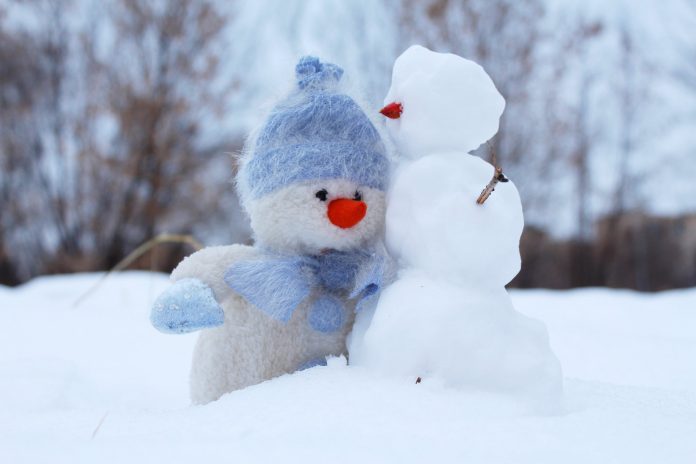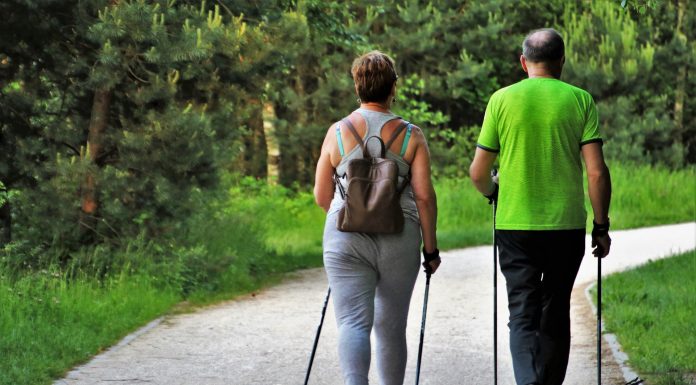Since 25 percent of injuries occur in winter, seniors need to be extra vigilant during the upcoming months. The first step to becoming winter-ready is to make sure your living space is protected from the elements. Many appliances need to be adjusted in the event of inclement weather. If they’re not working properly, cold, moisture and dangerous gases can penetrate your home. To prevent not just injuries, but illnesses that are especially harmful to seniors, it’s best to winterize the following appliances.
Test Your Carbon Monoxide And Smoke Detectors
If you’re a senior in an assisted living home, you may not have to worry about winterizing your living space. This would be the staff’s job. However, if you have your own home, apartment or other self-contained unit, you’ll need to safeguard your space from winter hazards. Some of the worst possible hazards can be prevented by checking that your carbon monoxide and smoke detectors are running smoothly. Cold weather means that your home will require heat from sources that can cause fires and carbon monoxide buildup when malfunctioning, like fireplaces, wood stoves and conventional furnaces. All it takes is one errant spark from a fireplace or wood stove to start a fire, while an improperly ventilated fireplace, wood stove or furnace will circulate carbon monoxide throughout the home. Carbon monoxide is an odorless gas that is lethal in high concentrations, so your smoke and carbon monoxide detectors should be fully charged before winter. They should also be tested regularly, which can be done by holding down the “test” buttons. Lastly, these detectors have expiration dates. It’s generally agreed that a smoke detector should be replaced after ten years, and a carbon monoxide detector after five.
Keep Your HVAC In Good Working Order
After you have ensured that your detectors are winter-ready, you should assess the appliances themselves so that they will not break down in the dead of winter, or be unusable in the spring. The air conditioning unit might not be your first thought in the winter, but having the unit tested and maintenance work carried out is best done in advance of the summer. If the external condenser is left uncovered, allowing dirt to collect while it is out of use during the winter, the AC is less likely to work when you need it. An uncovered AC can also be damaged by snow and ice. Thankfully, the manufacturer may have left you with a custom cover. If that’s not the case, a piece of plywood can do the trick. As for winterizing your furnace, make sure to turn it on – preferably before you need to turn it on – to check if it is blowing warm air. A furnace that is blowing cool air or no air at all are definite signs that there’s a problem to be fixed. It might be that the filters need to be cleaned or that the ducts are rusted and need to be replaced. Perhaps the whole HVAC system needs to be replaced. Whatever the problem, it should be dealt with long before outside temperatures leave you freezing in your own house. If you rely on a fireplace or wood stove for wintertime warmth, make sure that the chimney is cleared of creosote, which is both a fire and carbon monoxide hazard. Hiring a professional is the recommended course of action for seniors with dirty chimneys.
Winter can be a difficult time for seniors, but it’s less difficult if the appropriate steps are taken regarding home maintenance. Appliances like furnaces and wood stoves, while life savers in the cold months of December, January and February, can be dangerous if improperly maintained. However, problems can still arise even if you’ve done your due-diligence. This is why smoke and carbon monoxide detectors are the real wintertime saviors.























